SUMMARY
This is AI generated summarization, which may have errors. For context, always refer to the full article.
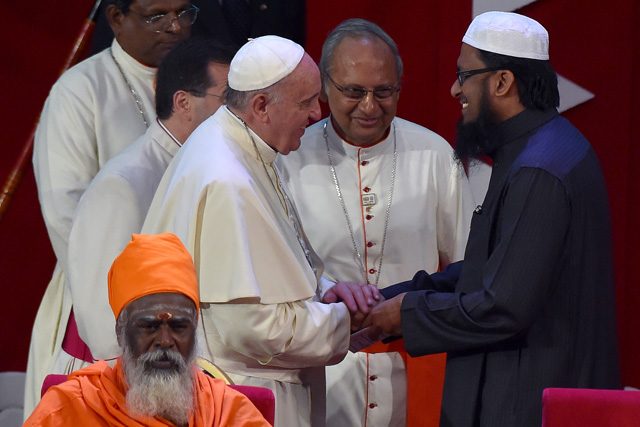
MANILA, Philippines – Forty-five minutes.
Based on the itinerary, that’s how short 10 leaders of various religions will get to dialogue with Pope Francis on Sunday, January 18, before he meets the youth.
But for some of the leaders, the interfaith dialogue in the Philippines is an ongoing one, and its running theme is peace.
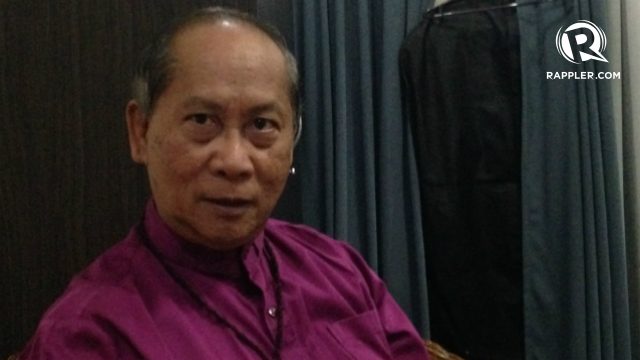
“Different organizations and churches come together with the Roman Catholic to discuss issues that could really provide the general majority of the Filipino people in terms of what they aspire to have: peace, justice, love, mercy,” said Ephraim Fajutagana, Obispo Maximo of the Philippine Independent Church.
But the Pope’s presence, he said, will inspire Filipinos further, as if Pope Francis is saying: “Okay, continue the work. You are doing it right.”
Fajutagana, one of the invited leaders in the dialogue, is also the chairperson of the National Council of Churches in the Philippines.
Two messages
Cardinal Orlando Quevedo said it is an established practice for the Pope to invite religious leaders from different denominations in his overseas visits.
After all, when he was still archbishop of Buenos Aires, he would also invite Muslims and talk to them, Quevedo added. (READ: Quevedo: Pope combines heart and mind)
“[It was his] pastoral experience before becoming pope, so he knows firsthand what interreligious dialogue is,” Quevedo told Rappler.
The first cardinal of Mindanao said the Pope has two main messages whenever he meets with leaders of other religions:
- “Religion should not be used for violence. It would be wrong to invoke God and inflict violence on others.”
- “All religion should promote peace. In other words, they should be in dialogue with one another and ask, ‘How can we promote peace with faith?’ [He is] trying to get leaders to collaborate towards peace.”
These messages will hopefully reach not only the 10 religious leaders invited to meet the Pope, but Filipinos in general.
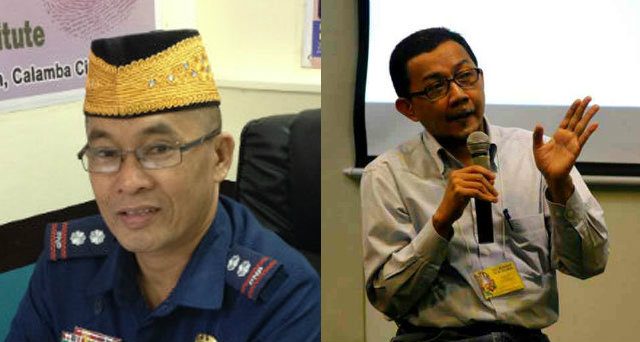
“I think this [interfaith dialogue] is symbolic in terms of strengthening Muslim-Christian relation in the country,” said Julkipli M. Wadi, Dean of the University of the Philippines Institute of Islamic Studies. (READ: MILF leaders invited Pope Francis to Cotabato)
Wadi, alongside Imam Ebra Moxsir of the Imam Council of the Philippines, hopes that the Bangsamoro Basic Law can help pave the way for a more united and peaceful Philippines.
Wadi and Moxsir will be representing the Filipino Muslim community during the Pope’s interfaith dialogue. (READ: Islam leaders support Pope)
Diversity
The Philippines is the world’s third biggest Catholic country, next to Brazil and Mexico. It also stands out as one of two predominantly Catholic Asian nations; the other being East Timor.
Over 80% of Filipinos are Roman Catholics as of 2010, the latest data from the National Statistics Office (NSO) showed. This totals to more than 74 million Filipinos. The number of Filipino Roman Catholics grew by over 10 million since the start of the new millennium.
Meanwhile, around 5 million or 5% of Filipinos identify with Islam, NSO reported.
The other religious affiliations cited by NSO include:
| Religious Affiliation | Population as of 2010 |
| Roman Catholic (including Catholic Charismatic) |
74.2 M |
| Islam | 5.1 M |
| Evangelicals (Philippine Council of Evangelical Churches) |
2.5 M |
| Iglesia Ni Cristo | 2.3 M |
| Non-Roman Catholic and Protestant (National Council of Churches in the Philippines) |
1.1 M |
| Aglipay | 916, 639 |
| Seventh Day Adventist | 681,216 |
| Bible Baptist Church | 480,409 |
| United Church of Christ in the Philippines | 449,028 |
| Jehova’s Witness | 410,957 |
| None | 73,248 |
| Others/Not reported | 3.9 M |
(Source: NSO)
While statistics may vary, various groups representing other religions are also present in the Philippines, as seen in the Jewish Synagogue in Makati, and a few Buddhist and Hindu temples scattered across metropolitan areas like Manila and Cebu.
There are at least 200 to 500 Jews in the Philippines, according to Jewish Times Asia, with only one synagogue headed by Rabbi Eliyahu Azariah. He said the Jewish community in the Philippines dates back to the Inquisition period, but was only formally organized after World War I. Azariah will be representing the Jewish community during the interfaith dialogue.
While the Philippines remains to be predominantly Catholic, it is also home to secular groups such as the Filipino Freethinkers, the Humanist Alliance International Philippines, and the Philippine Atheists and Agnostics Society.
At times, such religious diversity can create friction over issues such as education, reproductive health, abortion, divorce, among many others. Religious leaders, however, are asking the public and the government to find common ground, and to examine similarities among faiths.
At the heart of all these religions, anyway, is peace.
“You are with a very diverse set of religious leaders, therefore out of all these diversities there will come out one spirit of peace, justice, and community,” Fajutagana said about his expectations for the dialogue.
If they were to have a longer meeting, he also would’ve wanted the Pope to bring up other topics such as climate change, extrajudicial killings, poverty, and gender equality – issues that go beyond religion and cut across all sectors.
Here are the religious leaders invited to an interfaith dialogue with the Pope:
- His Eminence Nektarios Tsilis (Orthodox Church)
- Ven. Master Hsing Yun (Buddhism)
- Rabbi Eliyahu Azariah (Judaism)
- Maharaj Rajesh Sharma (Hinduism)
- His Excellency Ephraim S. Fajutagana (Iglesia Filipiniana Independiente)
- Bishop Cesar Vicente P. Punzalan III (Evangelical Church )
- Dean Julkipli M. Wadi (Islam)
- Imam Ebra Moxsir (Islam)
- Dean Lilian Sison (Catholic)
- Former Chief Justice Reynato Puno, president and chairman of the Board of the Philippine Bible Society
– Rappler.com
Join Rappler in a 100-day countdown to Pope Francis’ visit to the Philippines: a journey from the Vatican to Tacloban. Tweet us your thoughts using the hashtag #PopeFrancisPH!
Add a comment
How does this make you feel?
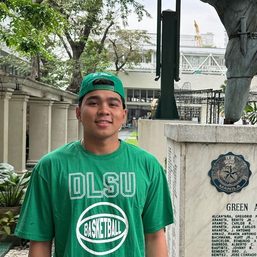
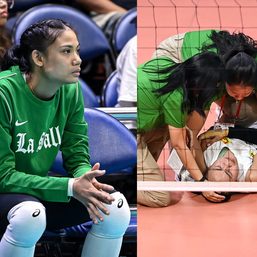
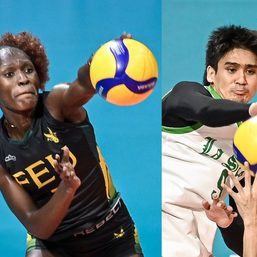
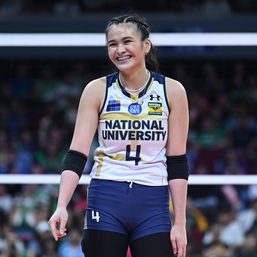

There are no comments yet. Add your comment to start the conversation.